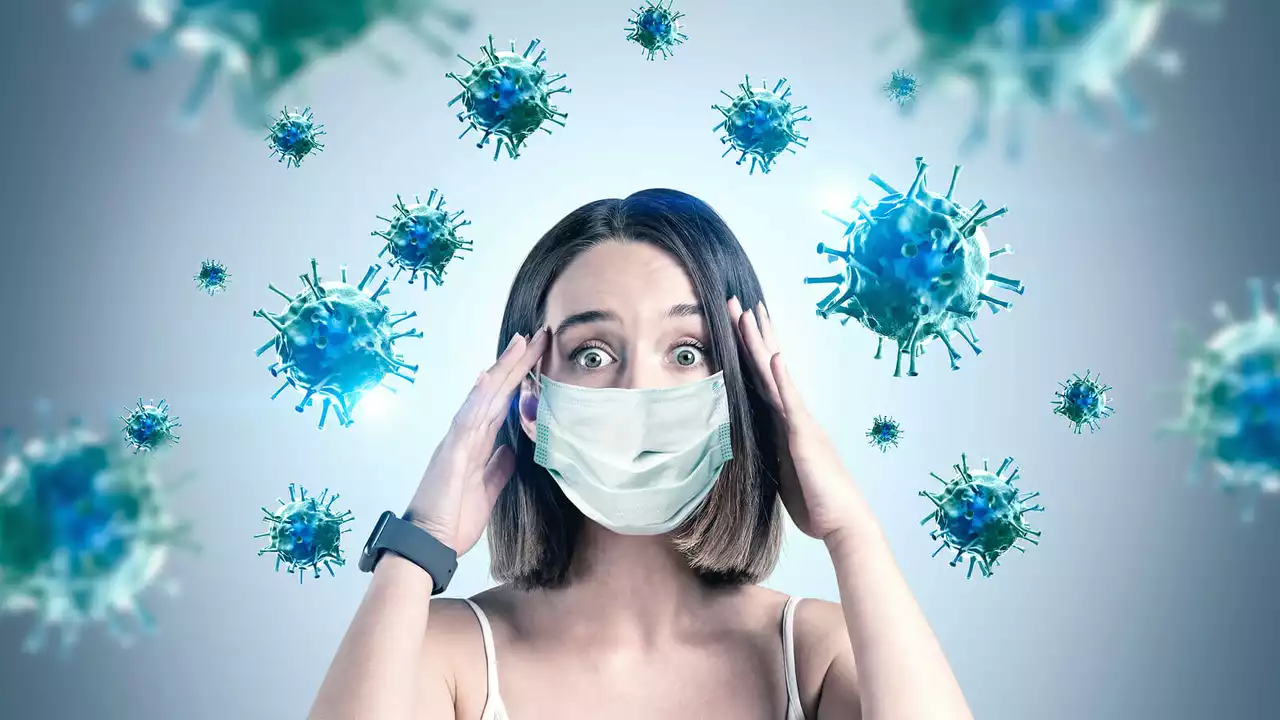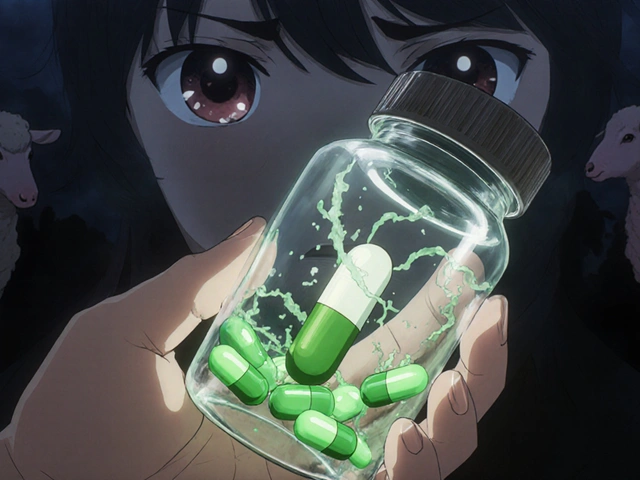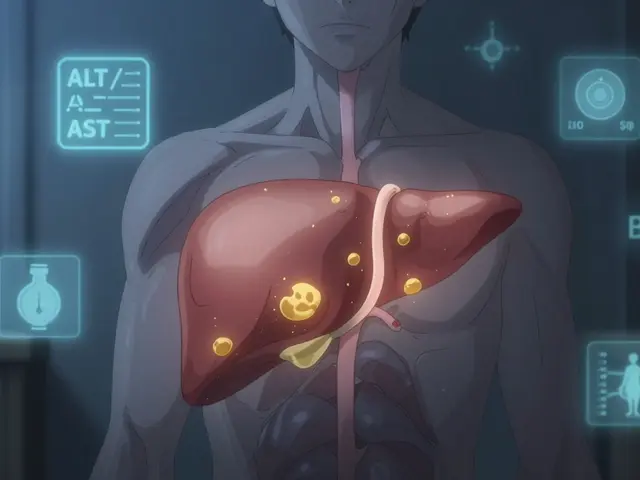Infection prevention: simple steps you can use every day
Want to avoid getting sick or passing germs to others? Small, consistent habits cut risk a lot. Below are practical moves you can use at home, work, and when buying medicine online.
Daily habits that actually work
Wash your hands for at least 20 seconds with soap and water after using the bathroom, before eating, and after coughing or sneezing. If soap isn’t available, use a hand sanitizer with at least 60% alcohol. Keep your nails short and clean—germs hide under long nails.
Cover coughs and sneezes with a tissue or your elbow, then wash your hands. Avoid close contact with people who are obviously sick. When you’re in crowded indoor spaces, good ventilation helps—open a window or step outside now and then to lower airborne risk.
Clean high-touch surfaces regularly: door handles, phones, keyboards, and remote controls. Use household disinfectants according to label instructions—don’t mix chemicals. For minor cuts, clean the wound, apply an antiseptic, and cover it to prevent infection. If a cut shows swelling, pus, or spreading redness, see a doctor.
Medicine, vaccines, and when to get help
Vaccines are one of the best tools to prevent infections. Keep routine shots up to date for flu, COVID-19 boosters when recommended, and other vaccines your doctor suggests. If someone in your household is immunocompromised, talk to your provider about extra precautions.
Antibiotics and antivirals only work for certain infections. Take them exactly as prescribed and finish the full course unless your doctor says otherwise. Drugs like ciprofloxacin have specific dosing rules and interactions—read reliable guides on how to take them safely. Never share prescription meds or use antibiotics for viral illnesses like the common cold.
Buying medicines online? Pick pharmacies that require a prescription, show clear contact details, and have a verified pharmacy license. Articles on this site cover safe places to buy Tamiflu and what to watch for when ordering pills. Watch out for prices that seem too good to be true—counterfeit meds can be dangerous.
Know the signs that mean you should see a doctor: fever that won’t go down, trouble breathing, severe pain, high heart rate, confusion, or wounds that don’t heal. For infections that need urgent care—rapid worsening, spreading redness, or high fever—don’t wait.
One last practical tip: build a small home kit with soap, hand sanitizer, basic wound supplies, and thermometer. That way you can act fast if someone gets sick. Follow these simple steps and you’ll cut your infection risk and feel more in control when health issues pop up.
In my latest blog, I discuss the anticipated impact of enteric infections in a post-pandemic world. It's clear that the aftermath of COVID-19 could potentially lead to an increase in these types of infections due to weakened immune systems and disrupted healthcare services. We delve into how maintaining good hygiene and sanitation practices can help prevent these diseases. Also, we highlight the importance of a robust healthcare system that's equipped to deal with such challenges. Lastly, we emphasize the need for continued research and surveillance to better understand and tackle enteric infections in the future.
Read more






